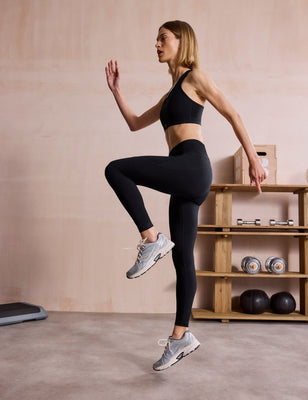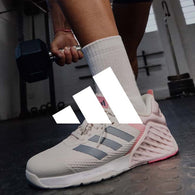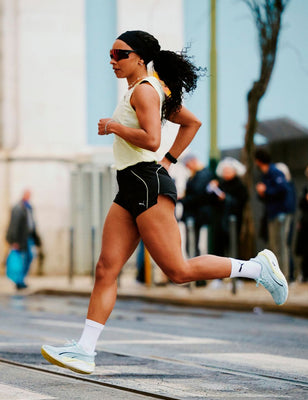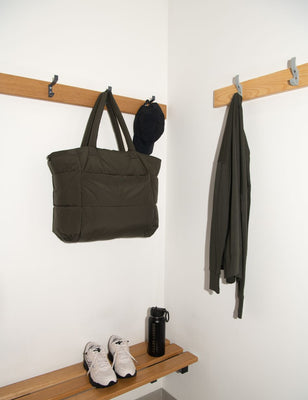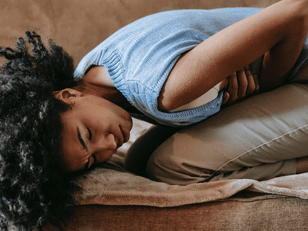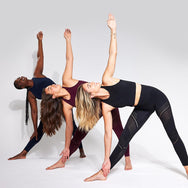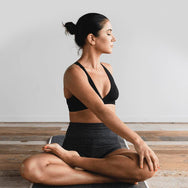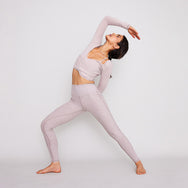Ready to try something new? Pilates has surged in popularity since the pandemic and it’s clear to see why. Despite having been around for decades, this low-impact sport is one of the biggest wellness trends of the year.
More than 12 million people around the globe now practise Pilates and there are countless studios around the United Kingdom.
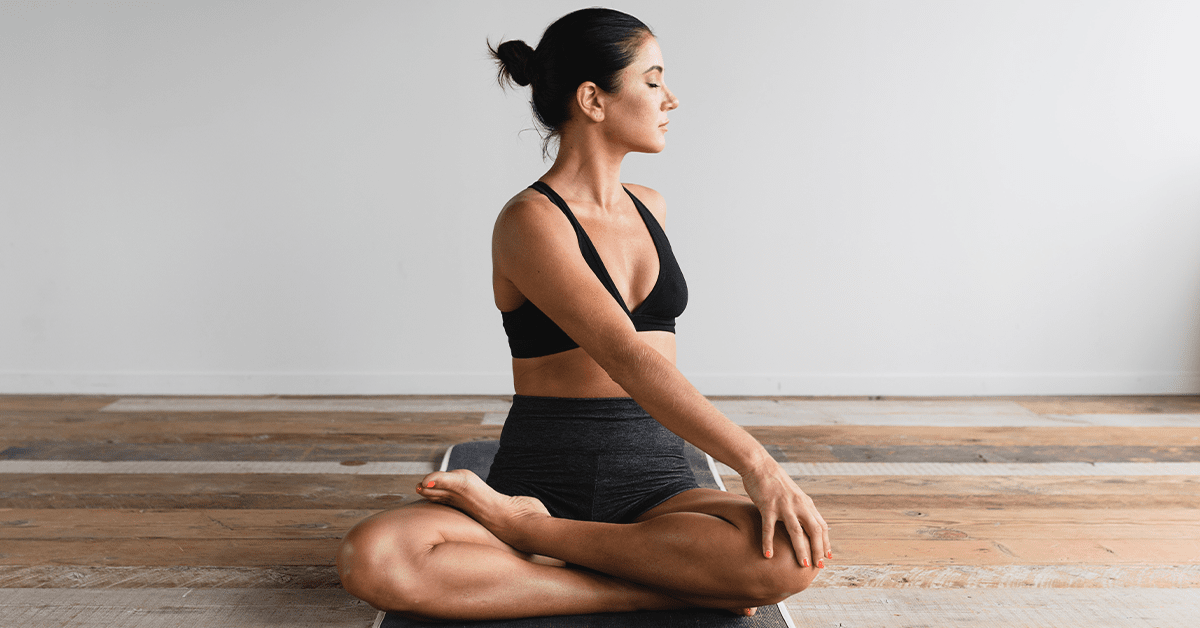
Feeling intrigued? You should be. Within this guide, we will take a look at what Pilates is and the science-backed benefits you can expect. Here’s everything that you need to know.
WHAT IS PILATES?
Created by Joseph Pilates in the 20th Century, this activity is based on three core principles: whole-body health, breathing, and whole-body commitment.
The popular practice is made up of a selection of traditional concepts which are typically: Breath, Concentration, Centring, Control, Precision, and Flow.
If you’re thinking of getting started with Pilates, there are two main options—studio or mat-work. The latter means that you only use yoga mats when you are engaging in the activity.
However, in a studio setting, you will find that you use a variety of apparatus. Finding a class near you that suits your timetable is the easiest way to give it a whirl.
THE SCIENCE-BACKED BENEFITS OF PILATES

Adding Pilates to your fitness routine is a smart move. But what benefits can you expect? Since this practice has grown in popularity over the decades, there has been a wealth of studies on its rewards.
There are plenty of ways that this exercise will enhance your wellness. With that in mind, let’s take a look at some of the benefits that you can expect:
A Better Night’s Sleep
Sleeping well is essential to all areas of your health. However, often enough, we find it hard to get the rest that we need at night.
You may find that negative thought patterns keep you awake, that you’re not tired enough when you, or that you don’t sleep all the way through the night. Whatever the reason, you need to do something to solve the problem.
Pilates or yoga could be the answer. Research from the Perelman School of Medicine at the University of Pennsylvania suggests that engaging in these types of exercise can improve your sleep habits.
You don’t need to engage in the activity every day. Simply add it into your existing schedule at a time that suits you to start reaping the rewards.

Improved Posture
How’s your posture? Chances are, if you work at a desk all day long, you tend to hunch forward. Don’t panic - it happens to the best of us. The good news is that you can start to overcome this problem through exercise.
Research from the Pontifical Catholic University of Rio Grande do Sul suggests that Pilates can improve your posture. The exercises and flexes that you do during this type of exercise helps you reset the way you hold yourself.
Reduced Lower Back Pain
Lower back pain can be excruciating and—funnily enough—is often related to poor posture. If you often find that you get this pain, you may have tried a range of cures, from heat rubs to massages. However, you may find that trying some Pilates will also have a positive impact on your health.
One randomised trial suggests that this exercise can be effective in helping people to manage chronic nonspecific back pain in the long-term, especially as one of the main benefits of Pilates is improved core strength.
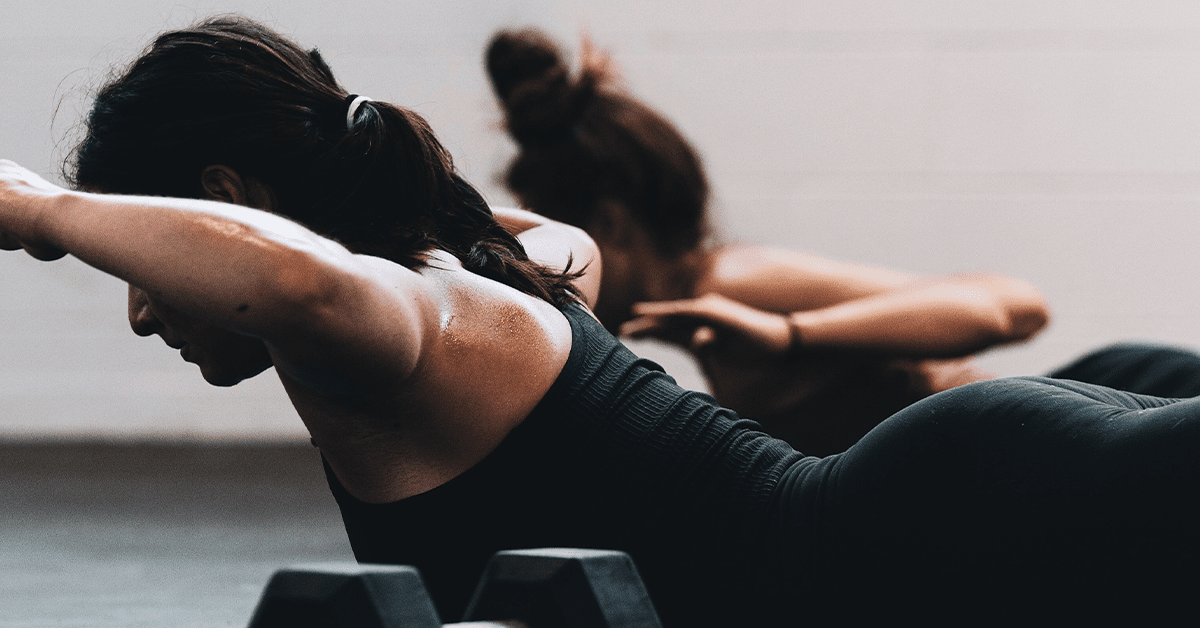
Lower Stress Levels
Stress is more common than you might expect. 74% of British adults have been so stressed at some point over the last year that they have felt overwhelmed or unable to cope. Whether your work is hectic or you’ve got a case of world-whelm, you’re not alone.
Unfortunately, there’s no magic wand you can wave to take your stress away. However, adding some Pilates to your routine could help you to tackle your stress levels.
Research from Greenwich Hospital suggests that engaging in Pilates allows people to manage their holiday-related stress. The researchers suggested that the burst of energy you use during exercise burns off adrenaline meaning that people calm down.
In simple terms, that means that the exercise deals with the physical side effects of stress.
Helps You to Think Clearly
You might think that exercise has nothing to do with your mind. Think again. There is an intrinsic link between your physical health and how your brain performs. One study looked at the effectiveness of clinical Pilates in people with multiple sclerosis (MS).
The results of the research suggested that those who engaged in the physical exercise experienced improvements in their cognition and their overall quality of life. The study may suggest that adding Pilates to your everyday routine will help you to think more clearly.
Boosts Your Mood
Looking for a little pick-me-up? Pilates may be the answer. Research published in the National Library of Medicine suggests that this type of exercise can help people enhance their mood.
While the researchers looked specifically at participants with Generalised Anxiety Disorder (GAD), the results of the study could be applied to the general public.
Whenever you’re feeling low and want to cheer yourself up, heading out to a Pilates class may be the way to go. Aside from this form of exercise having mood-boosting qualities, being around like-minded people could mean that you are feeling chipper in no time.

THE TAKEAWAY
If you’re looking for a new practice to give a go, trying Pilates won’t disappoint. The activity has become more and more popular in recent years, thanks to its countless benefits. Now that you’re well-versed on how the sport can help you, it may be worth trying for yourself.











